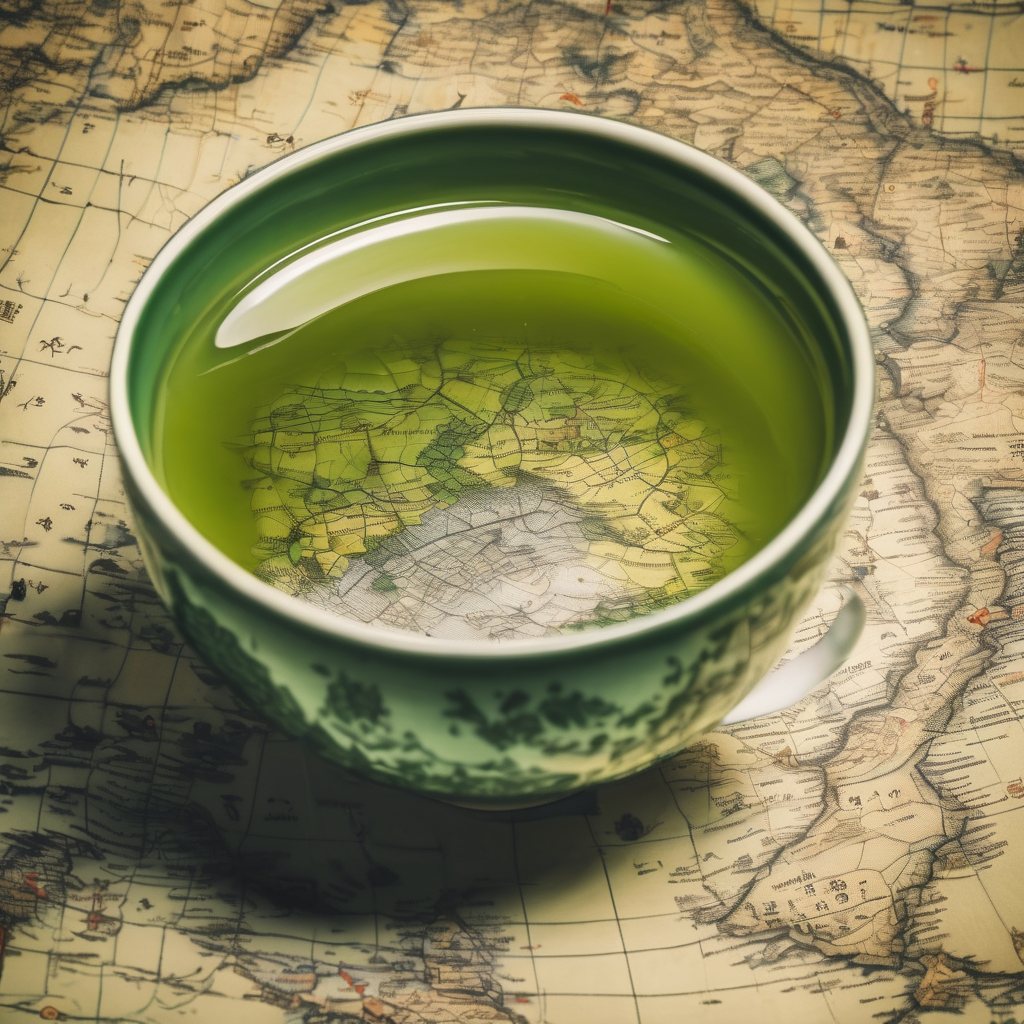According to a nationwide telephone survey conducted by Kyodo News on November 15 and 16, the approval rating for Prime Minister Fumio Kishida’s cabinet has increased to 69.9%, up by 5.5 percentage points from the previous survey in October. The disapproval rate stands at 16.5%.
The survey addressed public sentiment regarding Kishida’s recent statements on the potential security implications for Taiwan, with a combined 48.8% of respondents expressing support or leaning towards support for his stance that a conflict in Taiwan could constitute a “crisis” allowing for collective self-defense. Additionally, 60.4% of participants backed the government’s proposed increase in defense spending aimed at strengthening Japan’s defense capabilities, while 34.7% opposed it.
However, the survey also indicated that 64.7% of respondents feel that Kishida is not adequately addressing issues related to “politics and money,” with only 27.6% sensing otherwise. Regarding the government’s response to damages caused by bears in various regions, 65% of respondents criticized the measures as being slow or comparatively slow.
Kyodo News further reported on Japan’s ongoing efforts to address the escalating backlash from China regarding Kishida’s comments in parliament. The Japanese government has firmly rejected China’s demand for Kishida to retract his statements. Despite this, Japanese officials have expressed concern that punitive measures from China could have economic repercussions, such as restrictions on rare earth exports. While Japan calls for high-level talks to de-escalate tensions, significant obstacles remain.
Kishida clarified that his assertion linking a potential Taiwan crisis with the use of force was hypothetical and did not alter Japan’s current policies. A senior official from the Prime Minister’s office remarked that Kishida’s explanation was comprehensive and satisfactory.
The Chinese government’s response has intensified to the point of urging its citizens to avoid travel to Japan, which had not been anticipated by Japanese officials. Concerns have been raised about the potential for economic retaliation should relations continue to deteriorate. Japan’s Chief Cabinet Secretary Hirokazu Matsuno stated that this stance contradicts the strategic mutual relationship that was reinforced in a recent Japan-China summit, highlighting the importance of multi-level communication between the two nations.
Kyodo News also noted Japan’s desire for a meeting between Prime Minister Kishida and Chinese Premier Li Qiang during the upcoming G20 summit, although a foreign ministry official indicated that no arrangements had been finalized.
In the context of maritime tensions, the Chinese Coast Guard announced on its WeChat platform that vessels conducted operations near the disputed Diaoyu Islands. Japanese public broadcaster NHK reported that four Chinese Coast Guard ships entered Japanese waters around the Senkaku Islands in Okinawa Prefecture, prompting Japan’s Coast Guard to issue warnings and closely monitor these vessels to prevent re-entries.
Additionally, an article in the Chinese military’s official newspaper criticized Kishida’s remarks as provocative and a departure from Japan’s commitment to peace, asserting that Japan’s military posturing contributes to regional instability.
In the face of such complex diplomatic and military dynamics, the situation presents both challenges and opportunities for enhanced dialogue and understanding between Japan and China.
